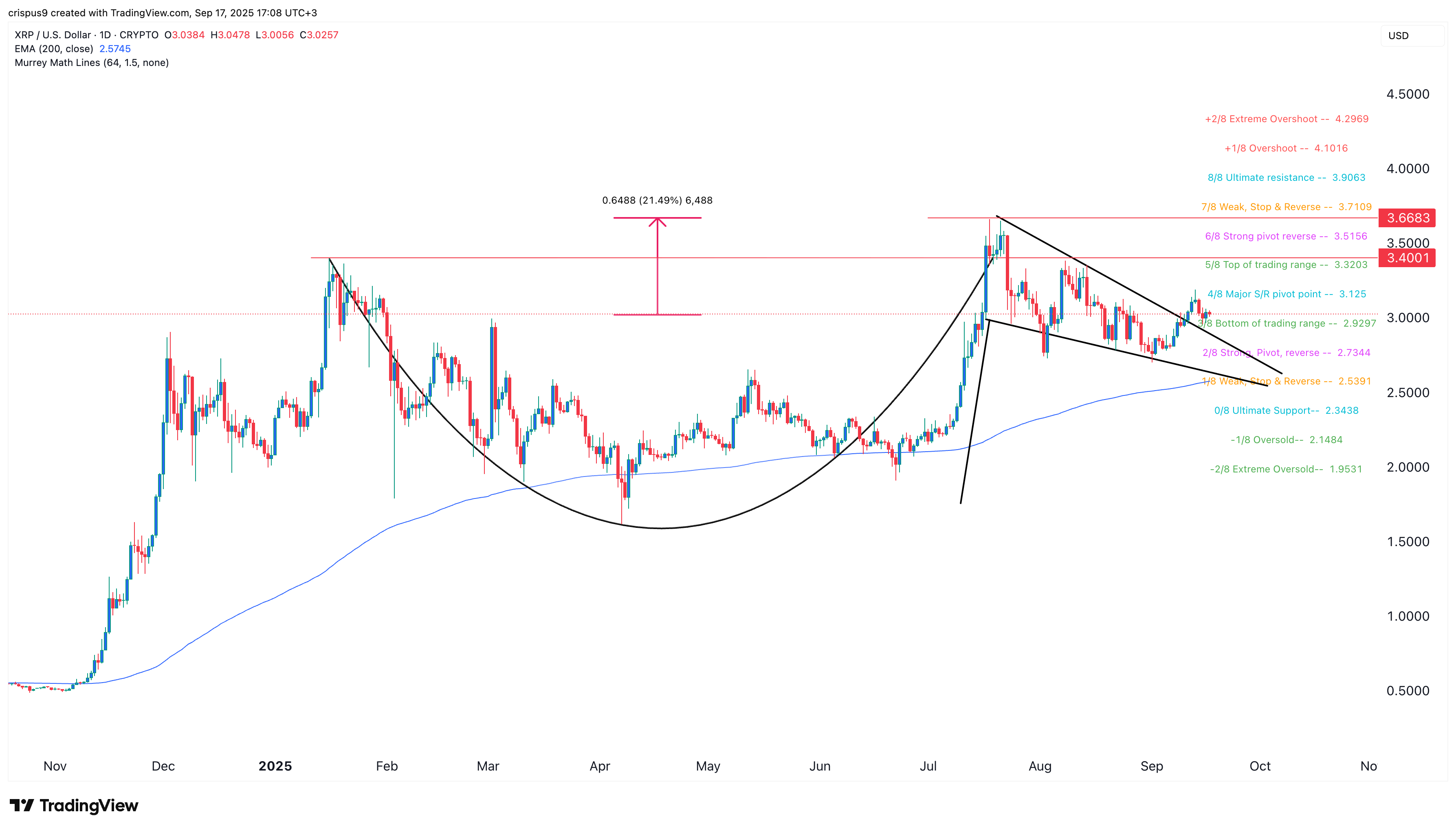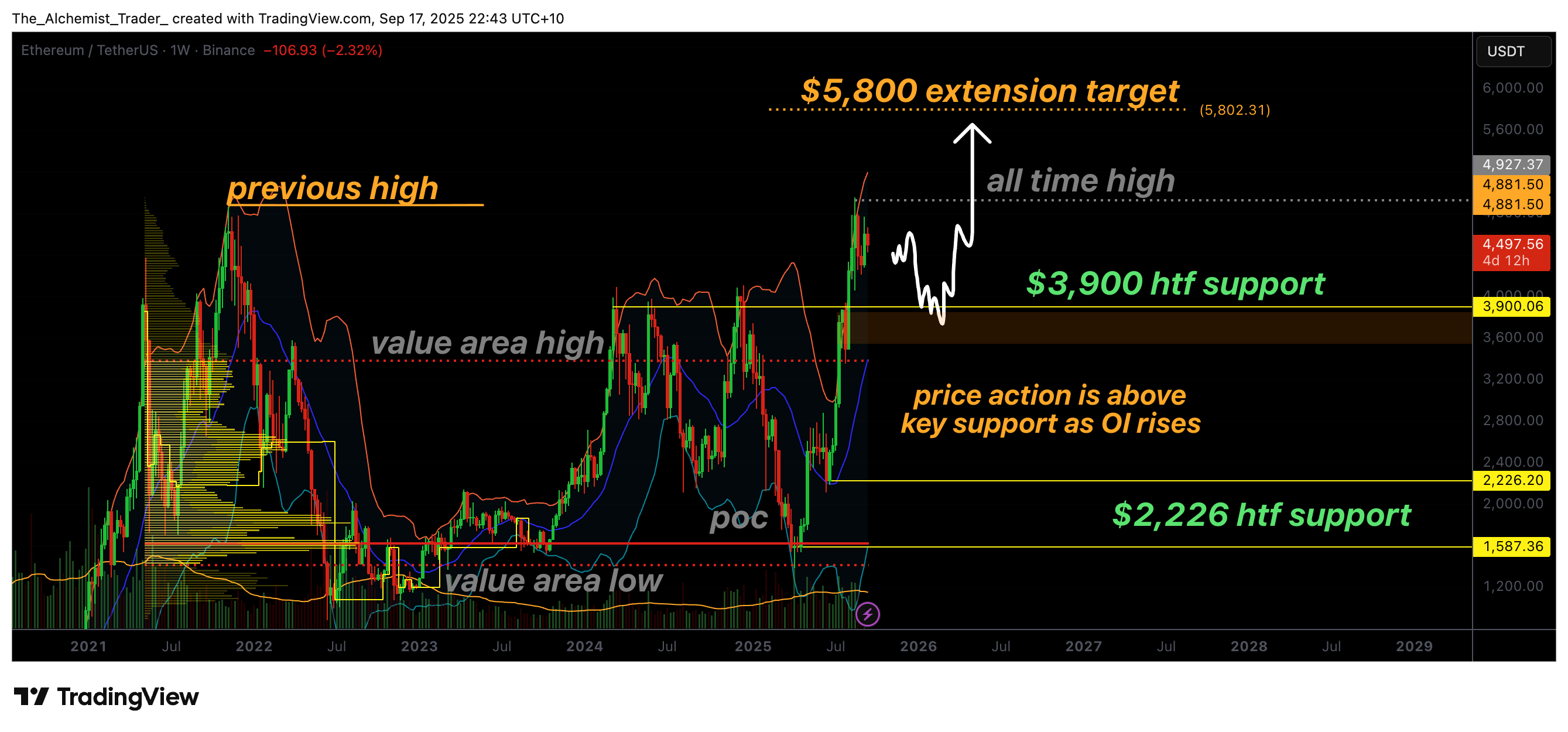Ethereum’s Buterin outlines ways to enhance transaction speed
Vitalik Buterin, co-founder of Ethereum, has put forward new proposals aimed at reducing transaction confirmation times, suggesting significant improvements to the system.
Ethereum co-founder Vitalik Buterin has outlined new strategies to reduce transaction confirmation times on the Ethereum network, saying “there are some applications” that require latencies on the order of “hundreds of milliseconds or even less.”
In a Jun. 30 blog post, the Ethereum co-founder noted that even though Ethereum has already “improved a lot compared to five years ago,” there is still “value in improving user experience further.” Buterin outlined several methods to enhance transaction speeds, including single-slot finality (SSF), which replaces the current complex slot and epoch architecture.
“The main challenge with SSF is that naively, it seems to imply that every single Ethereum staker would need to publish two messages every 12 seconds, which would be a lot of load for the chain to handle.”
Vitalik Buterin
Another proposal involves “based preconfirmations,” a mechanism allowing users to offer additional fees for immediate transaction guarantees.
The basic idea, Buterin says, is to create a “standardized protocol” where users could offer additional fees in exchange for an “immediate guarantee that the transaction will be included in the next block.” The key feature of this approach is that this mechanism can be used for any layer-2 solutions like Optimism, Arbitrum, or Base.
In Bitcoin, the expected block time is around 10 minutes, which is too long for everyday payments. However, BTC is increasingly being labeled as a store of value rather than a payment solution. In contrast, Ethereum is significantly faster, requiring around 12 seconds to generate a block.

However, this is still too slow compared to rivals like Solana, which generates blocks in 0.4 seconds. Ultimately, Buterin acknowledges that a 12-second block time might be “enough” for certain applications like Ethereum-based domains and some payments. However, he points out that for those seeking faster solutions, the only viable option so far is a “slot-and-epoch architecture.”




